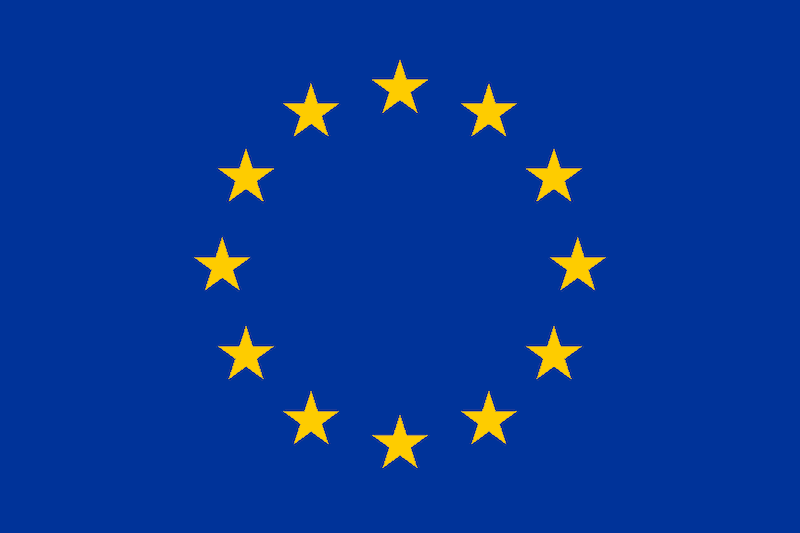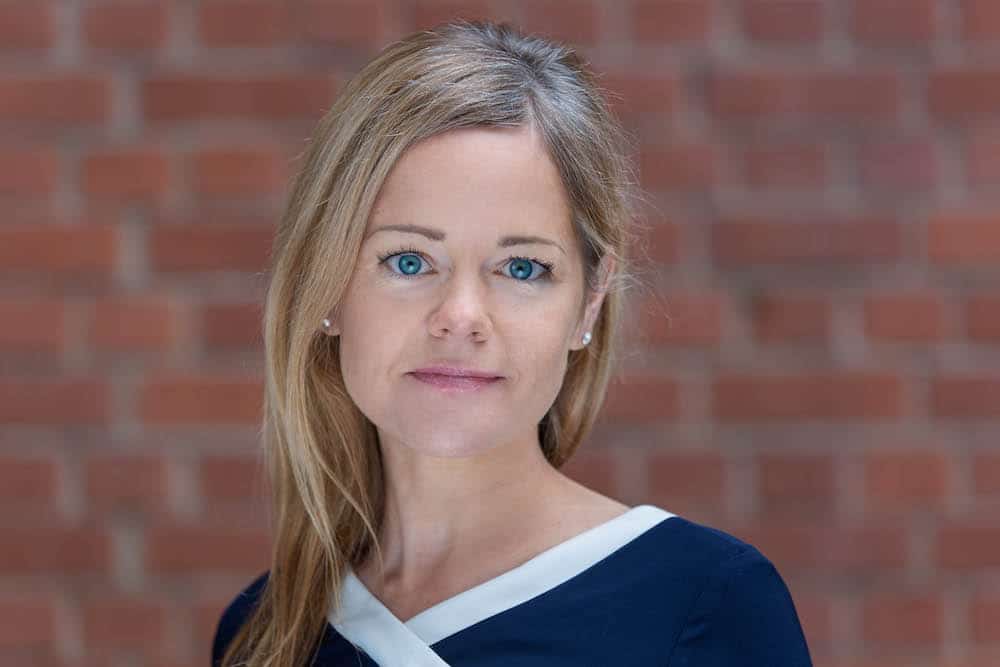Strengthening the Rule of Law in South Sudan
Part VII of the 2011 Transitional Constitution of South Sudan (TCSS) confirms the Judiciary of South Sudan as an independent institution for the administration of justice in the country. The TCSS further details the structure of the Supreme Court, Courts of Appeal, High Court, County Courts and local authorities across the country. In addition to the Judiciary, several other actors are involved in upholding the rule of law in South Sudan, including justice-sector stakeholders, the bar association, the Ministry of Justice and Constitutional Affairs, and the Transitional National Legislative Assembly, amongst others.
Nevertheless, several years of violent conflict, both until 2005 and since 2013, have greatly impacted upon the rule of law structures in South Sudan. There is not enough understanding of the proper application of the rule of law and assigned roles and processes; statutory courts face a trust deficit from the citizens; a number of laws are in need of review, as a result of requirements under the 2015 Agreement on the Resolution of the Conflict in South Sudan; and the structures set out in statutory documents frequently do not fully reflect the realities in practice.
In cooperation with the rule of law and justice sectors in South Sudan, and with the financial support of the European Union, the Max Planck Foundation is implementing a project to provide technical assistance and legal capacity building to key rule of law actors. Selected stakeholders include the Judiciary, the Ministry of Justice and Constitutional Affairs, the Transitional National Legislative Assembly, and various other justice sector stakeholders (the bar association, lawyers and academia).
The overall objective of this project is to increase the understanding and ability of actors on key principles of the rule of law including constitutional mandates, assigned roles, and legislative and constitutional drafting processes. By so doing, the project aims to improve the rule of law landscape in South Sudan, thereby contributing to its development as a stable and peaceful country.
Funding
European Union

Duration
5 December 2017 – 4 December 2022
Local Partners
- Supreme Court of South Sudan
News Items

Official Opening of the first Law Library of the Judiciary of South Sudan

Official Handover of 20.000 copies of printed laws and legal forms to the Ministry of Justice and Constitutional Affairs in Juba, South Sudan

Guest Lecture on the Constitutional Foundations of the Role of Parliament at the College of Law of the University of Juba

Workshop on Judicial Ethics for the Judiciary of South Sudan

Second Induction Workshop for the Judicial Reform Committee of South Sudan
Contact

Kathrin Maria Scherr
Email:
Phone: +49 (0)6221 91404 34
(See full profile)
